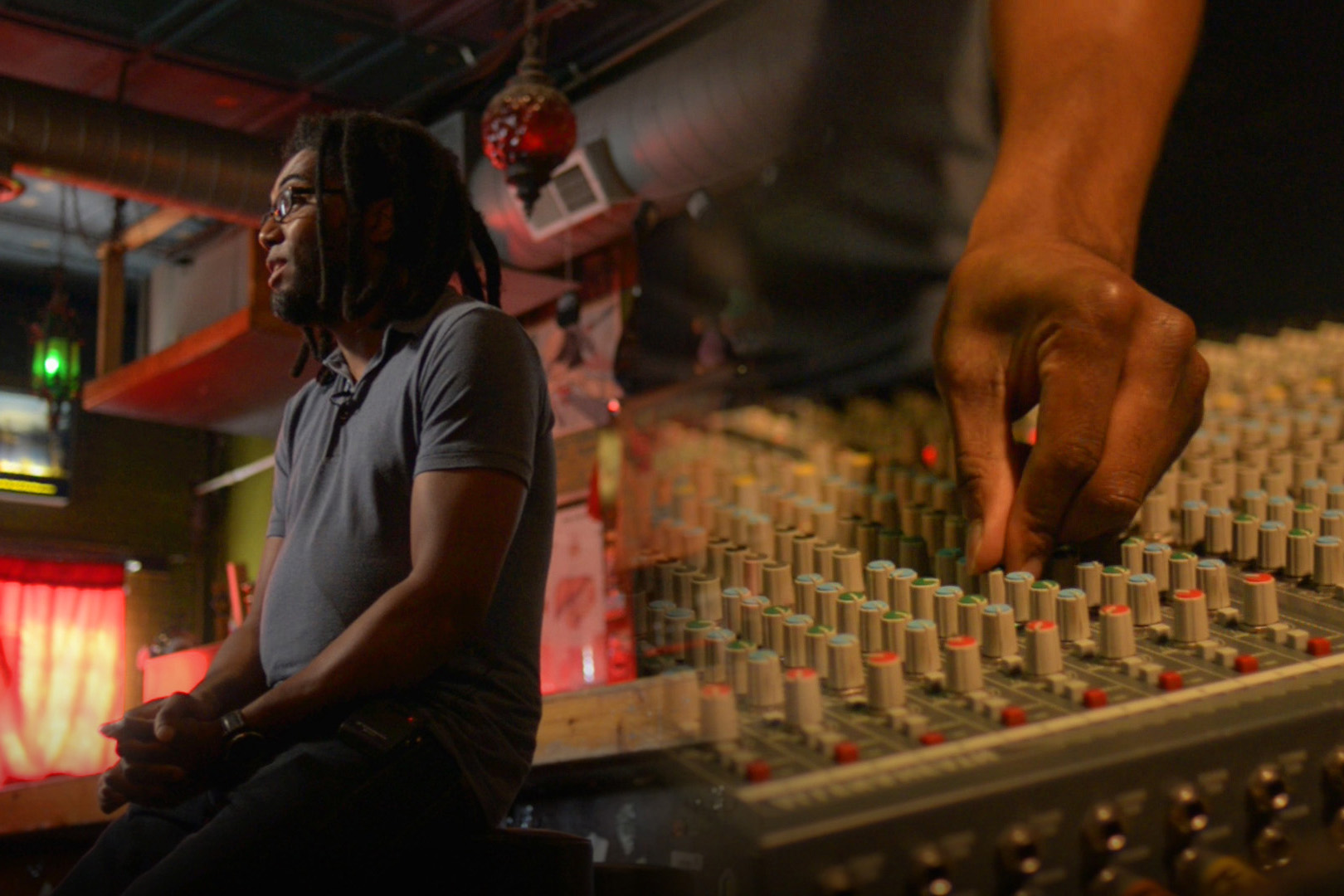

How It's Done:
NEON SIGNS
Grainger Everyday Heroes: Sound Engineer
By Grainger Editorial Staff 6/29/20
Meet Che Arthur, a sound engineer at the Empty Bottle in Chicago, whose complexities of his craft range from technical know-how to interacting with a variety of musicians. Both are aspects of the job that he learned through years of hard work, trial and error. Che’s job is all about listening to people's needs, relating to their style and working behind the scenes to help create an experience that fans will remember.
I am Che Arthur, and right now we're at the Empty Bottle in Chicago, Illinois, which is one of a few venues in town where I work as a sound engineer.
I interface with bands as they show up [to the venue]. You find out what they're going need [from a sound perspective], what their instruments are, [other equipment they might] need and what kind of microphones they use. [I also find out] what they want people to hear out front in the mix and what they want to hear [when they are] on stage. I was a guy hanging out playing music and some friends of mine, who owned a club back in Alabama where I grew up, asked me to be their sound guy at a venue they had just bought. [I was also] their booking person. That was a long time ago. I just started doing [the sound] and kept going [from there]. Then I moved here to Chicago, met some people and [doing sound] continued.
Here's the sound booth. In this particular venue, we control not only the front of house sound and what the audience hears, but we also control the stage sound and what the band hears on stage. Each row here controls essentially one [instrument or voice] that's mic'd or that is directly connected to the PA [system]. All of [the connections] go to the master [control board] for everything [that is mic'd]. This is what we refer to as front of house, [these speakers] control what people hear, the treble and the mid-range are up here. Then under here, [these speakers], call them sub's, this is where the base comes from. These are monitors for the stage so the bands can hear [themselves]. We have separate mixes, so [a person standing closer to the edge of the stage] may hear something different from [a person who may be standing further back on the stage] or the drummer.
I think that being a musician and [someone] who's played a lot of shows helps me relate to what [sound a] band wants when they're on stage, and how bands want to interact with their sound engineer. You want the sound guy to be nice and to tell you [what you can and can't do with respect to sound]. I'm fortunate that the venues that I work at and the bands I've toured with [I really liked as people] and musically, as well. I think that's the best part.
![]()
The information contained in this article is intended for general information purposes only and is based on information available as of the initial date of publication. No representation is made that the information or references are complete or remain current. This article is not a substitute for review of current applicable government regulations, industry standards, or other standards specific to your business and/or activities and should not be construed as legal advice or opinion. Readers with specific questions should refer to the applicable standards or consult with an attorney.






